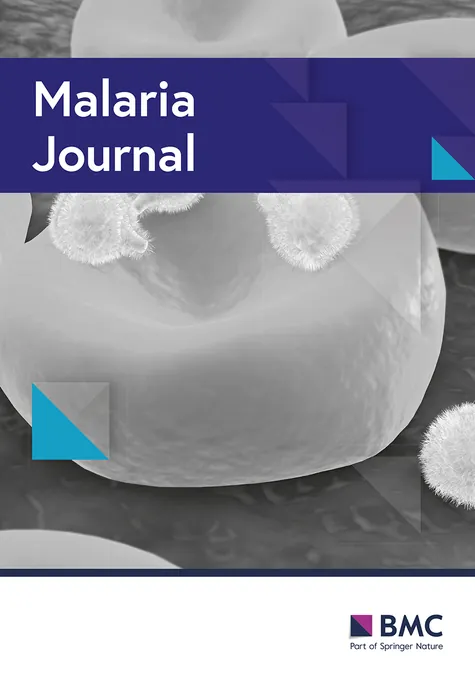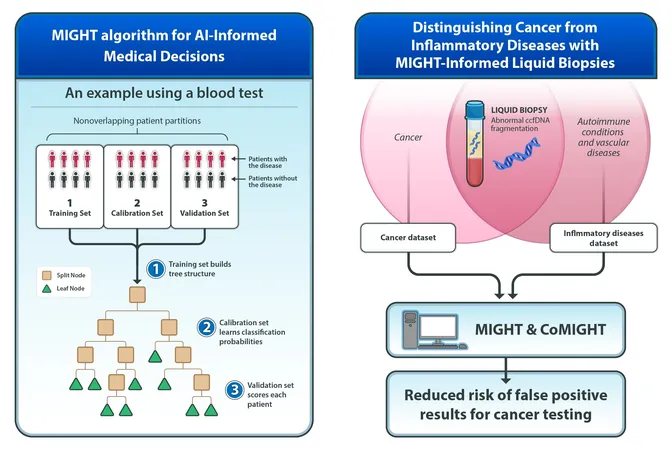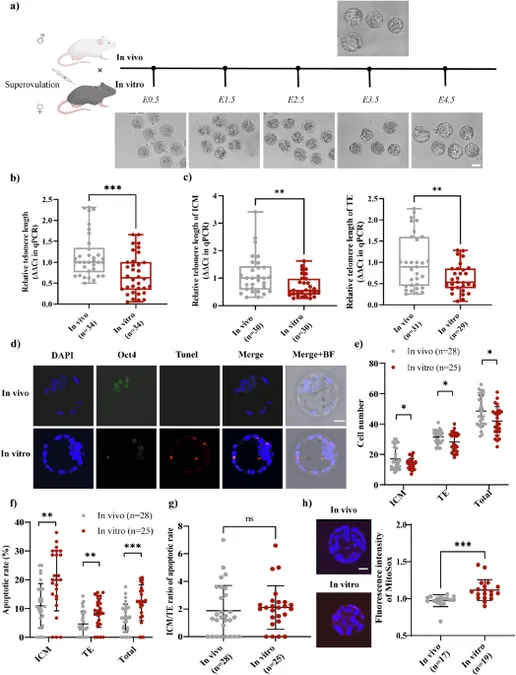
Unlocking the Secrets: Why Many Tanzanian Women Aren't Using Their Mosquito Nets
2025-07-17
Author: Li
The Ongoing Malaria Battle in Tanzania
Malaria continues to pose a daunting public health crisis in Tanzania, especially for women of reproductive age who bear the brunt of its impact. Insecticide-treated mosquito nets (ITNs) are a proven weapon against malaria transmission, yet their adoption among this group remains worryingly low. This article dives into the barriers hindering effective ITN usage among Tanzanian women, based on a comprehensive national survey.
What the Study Revealed
Utilizing the data from the 2022 Tanzania Demographic and Health Survey (TDHS), researchers analyzed responses from over 15,000 women aged 15 to 49. The results unveiled that various sociodemographic and environmental factors play a crucial role in whether these women utilize ITNs. For instance, it was discovered that women with primary education were 2.2 times more likely to use ITNs than those without any formal education.
Geographical influences also emerged as significant — women in the Southern region had a staggering 280% greater likelihood of using these nets compared to those in the Western region, while those in the Lake zone had 160% higher odds. However, interestingly, women in polygamous marriages were less likely to use ITNs than their monogamous counterparts, indicating that marital dynamics could also impact malaria prevention practices.
Unpacking the Issue
The results highlight the urgent need for targeted interventions. Educational campaigns focusing on the importance of ITNs could address the knowledge gaps among women with lower levels of education. The survey also revealed that perceptions of ITN effectiveness significantly influenced usage rates; understanding the genuine benefits of these nets is vital.
The Burden of Malaria in Numbers
Despite effective malaria prevention measures being recommended by the World Health Organization, Tanzania represents one of the countries heavily contributing to the global malaria toll. In 2021, it was among four African nations responsible for over half of all malaria deaths internationally. Malaria affects not just health but also threatens socio-economic stability, particularly among vulnerable populations, including pregnant women who face heightened risks.
Why Education Matters
Education is a common thread woven throughout the findings of this study. Women with primary education reported greater usage of ITNs, suggesting that health education programs targeting foundational schooling might be an effective strategy for increasing net utilization. This focus on early education could help improve health literacy around malaria prevention and the importance of ITNs.
Breaking Marital Barriers
Another critical aspect is the structure of households. Women in polygamous relationships faced barriers to effectively utilizing ITNs compared to those in monogamous marriages. This situation points to a need for community-based education programs aimed at not just women, but also men, fostering a more collaborative approach in households to tackle malaria.
Access is Key
Access to ITNs is fundamental; however, poor sanitation facilities significantly impede their usage. Women without access to proper toilet facilities demonstrated lower rates of ITN adoption, emphasizing that improving sanitation can directly impact malaria prevention.
Conclusion: A Call to Action
With the disparities highlighted in this study, it's evident that multifaceted approaches are needed to boost ITN utilization among women in Tanzania. By implementing targeted educational campaigns, ensuring equitable distribution of ITNs, and addressing household dynamics, we can work towards reducing the malaria burden and improving health outcomes for Tanzanian women.
The fight against malaria rests not just on the tools available but on the understanding and involvement of communities. As Tanzania aspires to eliminate malaria by 2030, addressing these barriers with strategic interventions is not merely important — it’s imperative.



 Brasil (PT)
Brasil (PT)
 Canada (EN)
Canada (EN)
 Chile (ES)
Chile (ES)
 Česko (CS)
Česko (CS)
 대한민국 (KO)
대한민국 (KO)
 España (ES)
España (ES)
 France (FR)
France (FR)
 Hong Kong (EN)
Hong Kong (EN)
 Italia (IT)
Italia (IT)
 日本 (JA)
日本 (JA)
 Magyarország (HU)
Magyarország (HU)
 Norge (NO)
Norge (NO)
 Polska (PL)
Polska (PL)
 Schweiz (DE)
Schweiz (DE)
 Singapore (EN)
Singapore (EN)
 Sverige (SV)
Sverige (SV)
 Suomi (FI)
Suomi (FI)
 Türkiye (TR)
Türkiye (TR)
 الإمارات العربية المتحدة (AR)
الإمارات العربية المتحدة (AR)